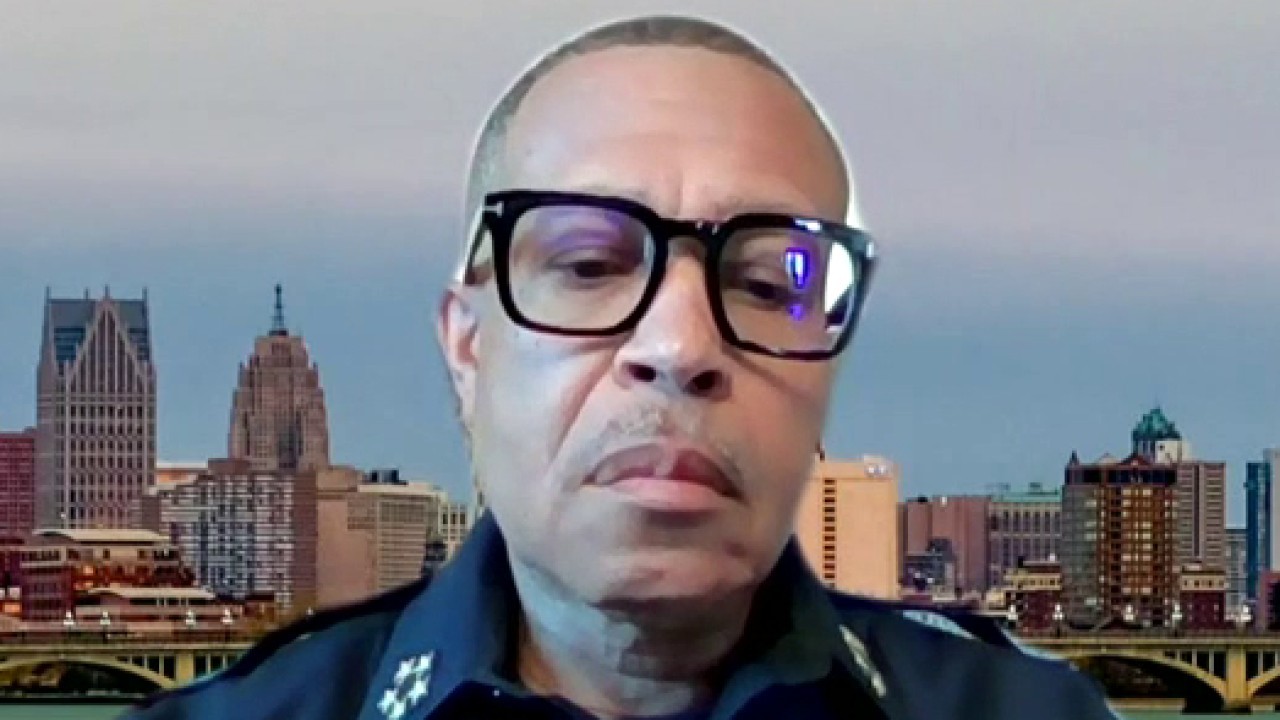
♯BlackLivesMatter: Police Sue Protesters For ‘Civil Conspiracy’
Activists in Detroit, like many of America’s major cities, sued their local government for its police department’s reaction to this year’s Black Lives Matter protests following the death of George Floyd on Memorial Day.
The Motor City activists’ complaint alleges that its city’s cops “repeatedly responded with violence” when they took to the streets. It also includes photos and descriptions of some of the gruesome injuries sustained by demonstrators, including bruised and broken ribs, concussions, a collapsed lung, a fractured pelvis.
Subsequently, the protesters asked a federal judge to bar police from using “tools of excessive force,” like chemical weapons, sound cannons, and rubber bullets.
After the court issued temporary orders restricting officers’ use of force less than a month ago, the city is now filing its official response. It includes a line-by-line denial of every brutality accusation and a countersuit.
Their suit claims Detroit’s demonstrators are part of a “civil conspiracy” to “disturb the peace, engage in disorderly conduct, incite riots, destroy public property,” and resist police orders, among other “illegal acts.” It also asks the court to issue judgments declaring that the protesters engaged in this conspiracy and “defamed” the mayor and police, and to award the city damages.
The new counter complaint is adding more tension to an already tense situation between Black Lives Matter protesters and the city. Michigan Rep. Rashida Tlaib, whose congressional district includes most of Detroit, is blasting it as “an unthinkable assault on constitutional rights.”
“These attacks against us are a way of attempting to minimize our ability to go on the offensive and call for transparency and accountability,” said Tristan Taylor, a plaintiff in the demonstrators’ original lawsuit, “This is just a way of saying to people, ‘This is not a place where you can raise your voice.’”
The protesters are fighting back in two different ways. The first is in court with the support of national legal groups. The second is via city council, which has the power to cut off funding for the city’s litigation. Already one council member has voiced her opposition to the countersuit, as activists are working to lobby others ahead of a vote early next year.

